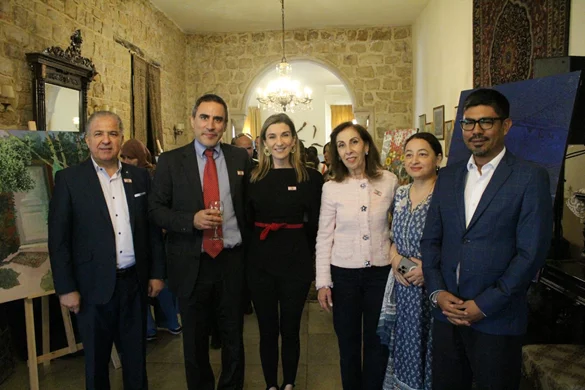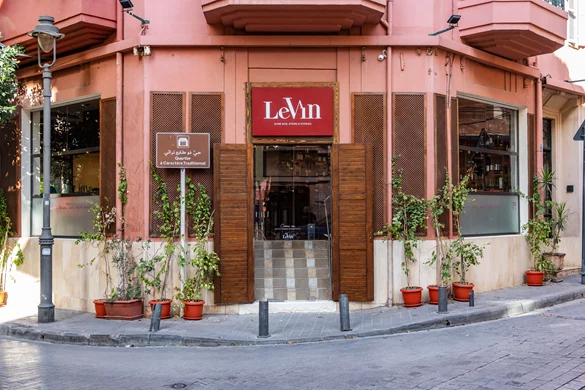Lebanon is a country with a rich cultural heritage, and its local handicrafts are a reflection of its diverse history and traditions. From pottery and weaving to woodwork and metalwork, Lebanon's handicrafts are unique and have been passed down from generation to generation. In this blog post, we will explore the local handicrafts of Lebanon and where to discover them.
Pottery:
Pottery has a long history in Lebanon and has been used for various purposes, from storage vessels to decorative items. The pottery of Tripoli is famous for its intricate designs and vibrant colors. The Tripoli Souks are the perfect place to discover traditional Lebanese pottery, where visitors can find handmade ceramic bowls, plates, vases, and other decorative items.
Weaving:
Weaving is another traditional handicraft in Lebanon, with a long history in the country. The weaving of rugs and carpets is particularly famous in the villages of the Beqaa Valley, where artisans use traditional methods and natural dyes to create beautiful, intricate designs. The village of Deir El Ahmar is one of the best places to discover traditional Lebanese weaving, where visitors can find handmade rugs and carpets made by local artisans.
Woodwork:
Woodwork has been an essential handicraft in Lebanon for centuries, and it is used to create beautiful furniture, decorative items, and souvenirs. The village of Baskinta is known for its traditional woodwork, where artisans use locally sourced cedar wood to create beautiful carvings, boxes, and other decorative items. Visitors can also find traditional woodwork in the Souks of Beirut, where local artisans sell their handmade creations.
Metalwork:
Metalwork is another traditional handicraft in Lebanon, with a long history in the country. The city of Tripoli is known for its traditional metalwork, where artisans use copper, brass, and silver to create beautiful lanterns, trays, and other decorative items. Visitors can find traditional metalwork in the Tripoli Souks, where local artisans sell their handmade creations.
Embroidery:
Embroidery is a traditional handicraft in Lebanon, with a long history in the country. The village of Bsharri is known for its traditional embroidery, where local artisans use colorful threads to create beautiful designs on dresses, scarves, and other clothing items. Visitors can find traditional embroidery in the Souks of Beirut, where local artisans sell their handmade creations.
Soap Making:
Soap making is a traditional handicraft in Lebanon, with a long history in the country. The city of Sidon is known for its traditional soap making, where artisans use natural ingredients like olive oil, laurel oil, and lavender to create beautiful, fragrant soap bars. Visitors can find traditional soap making in the Souks of Sidon, where local artisans sell their handmade creations.
Lebanon boasts a rich cultural heritage, and its local handicrafts are a reflection of its diverse history and traditions. From pottery and weaving to woodwork and metalwork, Lebanon's handicrafts are unique and have been passed down from generation to generation. Visitors can discover traditional Lebanese handicrafts in the various Souks and villages across the country, where local artisans sell their handmade creations. Be sure to add discovering the local handicrafts of Lebanon to your itinerary when visiting this beautiful country.



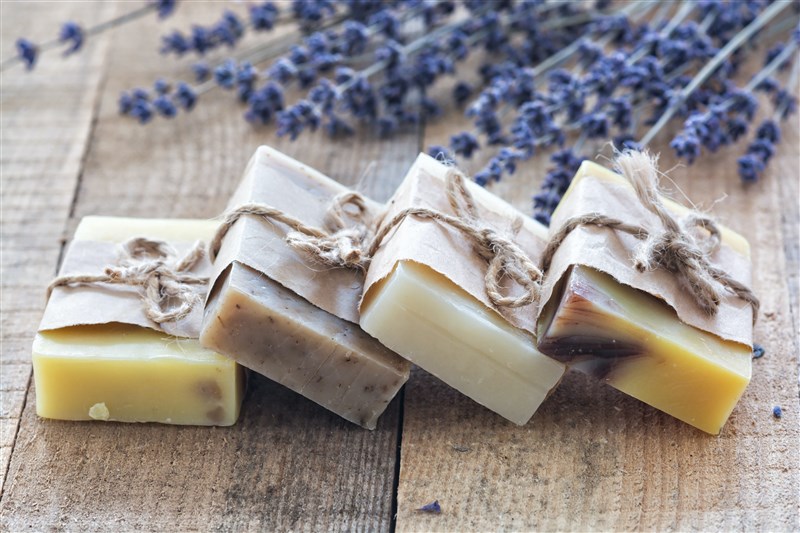

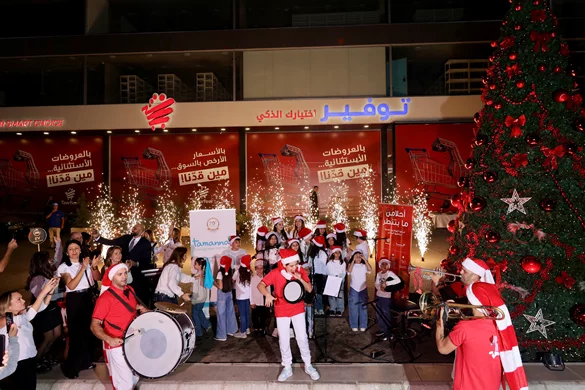
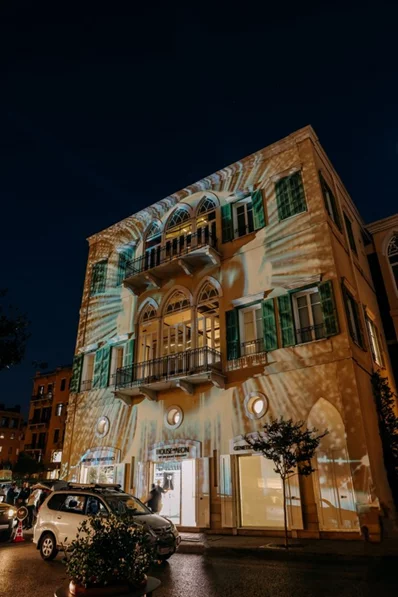
.webp)











